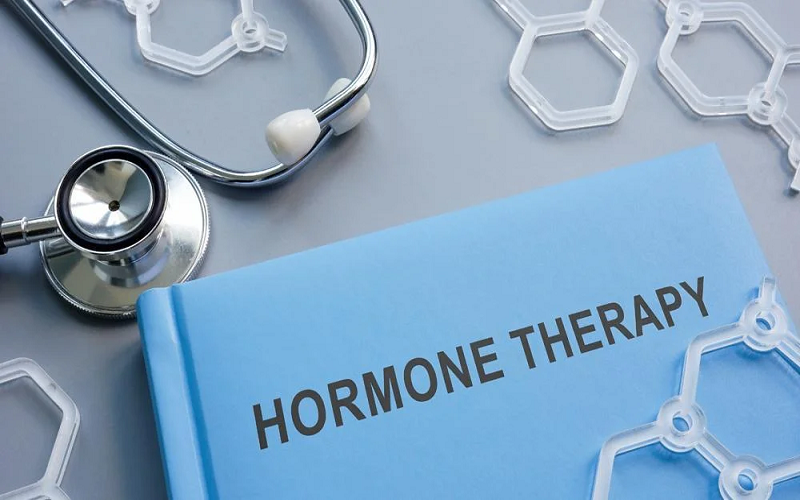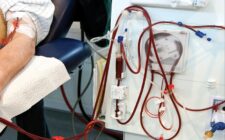Hormone therapy, also known as hormonal treatment or endocrine therapy, is a medical intervention that involves the use of hormones or hormone-blocking agents to modify the functioning of the endocrine system. This type of therapy is employed for various medical conditions, including hormone-sensitive cancers, hormonal imbalances, and gender transition. The effectiveness of hormone therapy depends on several factors, and considering these factors is crucial for achieving desired outcomes while minimizing potential risks.
Here are some key factors to consider when exploring how hormone therapy works:
Hormone Receptors
Hormones exert their effects by binding to specific receptors on target cells. Before initiating hormone therapy, it is essential to identify the presence and characteristics of hormone receptors in the target tissue. For example, in breast cancer, tumors may express estrogen or progesterone receptors. Hormone therapy works by blocking these receptors (anti-estrogen therapy) or providing hormones to stimulate receptors in a controlled manner.
Hormone Levels
The levels of hormones circulating in the body play a critical role in determining the need for hormone therapy. Abnormalities in hormone levels may indicate an imbalance or dysfunction in the endocrine system. Hormone therapy can involve supplementing deficient hormones or inhibiting excess hormone production to restore balance and alleviate symptoms.
Disease Type and Stage
The type and stage of the medical condition being treated influence the choice and effectiveness of hormone therapy. For instance, hormone therapy is commonly used in the treatment of prostate cancer by reducing the levels of testosterone, a hormone that fuels the growth of prostate cancer cells. The stage of the cancer and its sensitivity to hormones will guide the decision to use hormone therapy as a standalone treatment or in combination with other modalities.
Patient Characteristics
Patient factors, including age, overall health, and medical history, must be considered when prescribing hormone therapy. Certain medical conditions or medications may impact the body’s ability to metabolize or respond to hormones, affecting the efficacy and safety of the treatment.
Mode of Administration
Hormone therapy can be administered in various forms, such as oral medications, injections, patches, or topical gels. The chosen mode of administration depends on factors like patient preference, the specific hormone being used, and the therapeutic goals. For example, transdermal estrogen patches are often preferred for postmenopausal women to minimize the risk of blood clots associated with oral estrogen.
Duration of Therapy
The duration of hormone therapy varies depending on the medical condition being treated. In some cases, hormone therapy may be a short-term intervention to address acute imbalances. In contrast, in others, it may be a long-term or lifelong approach, such as in the management of certain endocrine disorders or gender transition.
Monitoring and Adjustments
Regular monitoring of hormone levels and overall health is essential during hormone therapy. Adjustments to the dosage or type of hormone may be necessary based on the individual’s response and any changes in the underlying condition. Close collaboration between the patient and healthcare provider is crucial to optimize therapeutic outcomes.
Potential Side Effects and Risks
Hormone therapy is associated with potential side effects and risks that need to be carefully considered. These can include changes in mood, sexual function, bone density, and cardiovascular health. The risk-benefit profile must be assessed, and patients should be informed about potential adverse effects to make informed decisions about their treatment.
Final Thoughts
Understanding how hormone therapy works involves careful consideration of multiple factors, including the presence of hormone receptors, hormone levels, disease characteristics, patient factors, mode of administration, duration of therapy, and ongoing monitoring. Tailoring hormone therapy to individual needs and regularly assessing its impact ensures the best possible outcomes while minimizing potential risks and side effects. As medical research continues to advance, the field of hormone therapy will likely see further refinements and personalized approaches to enhance its efficacy and safety.




